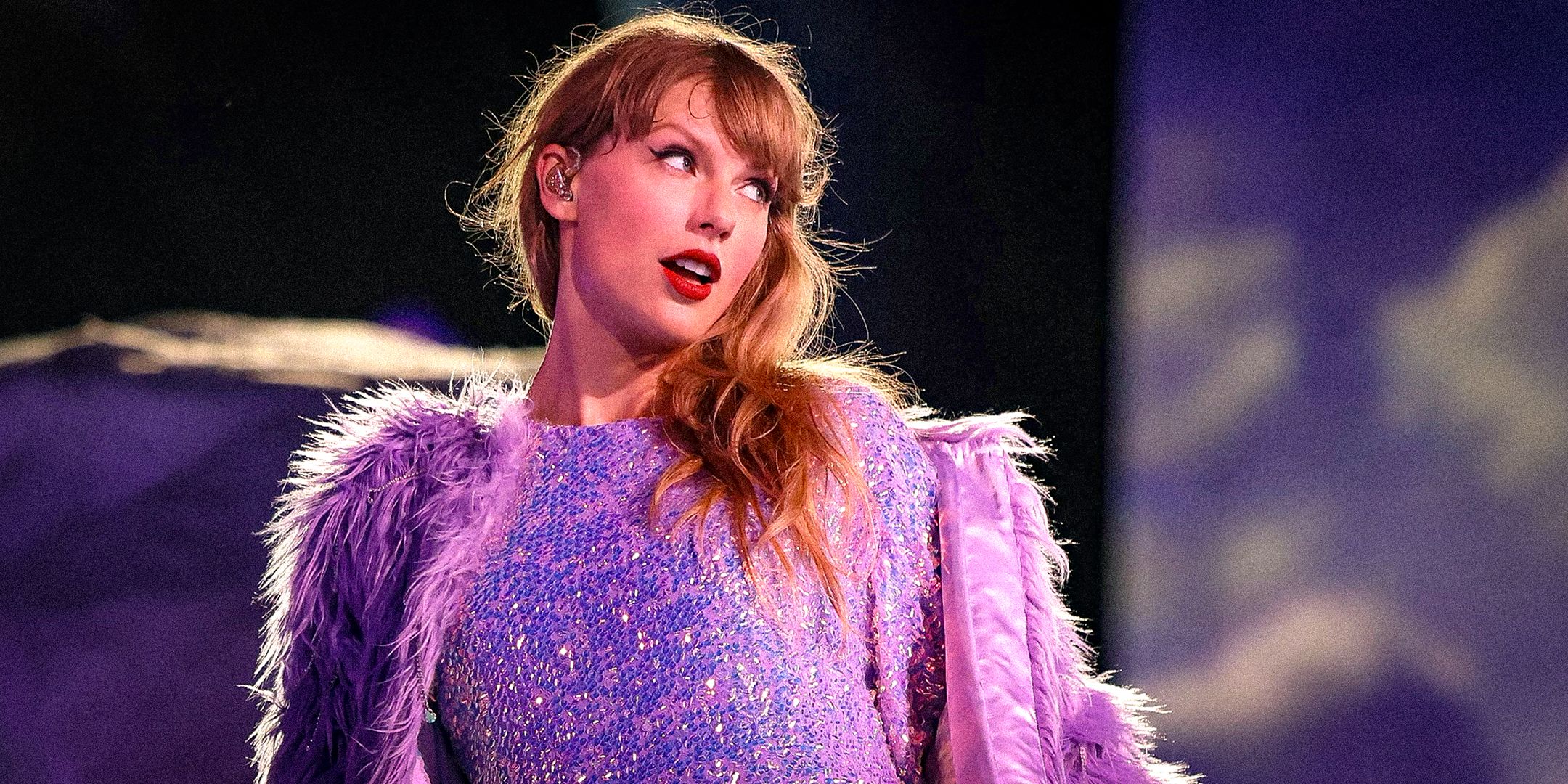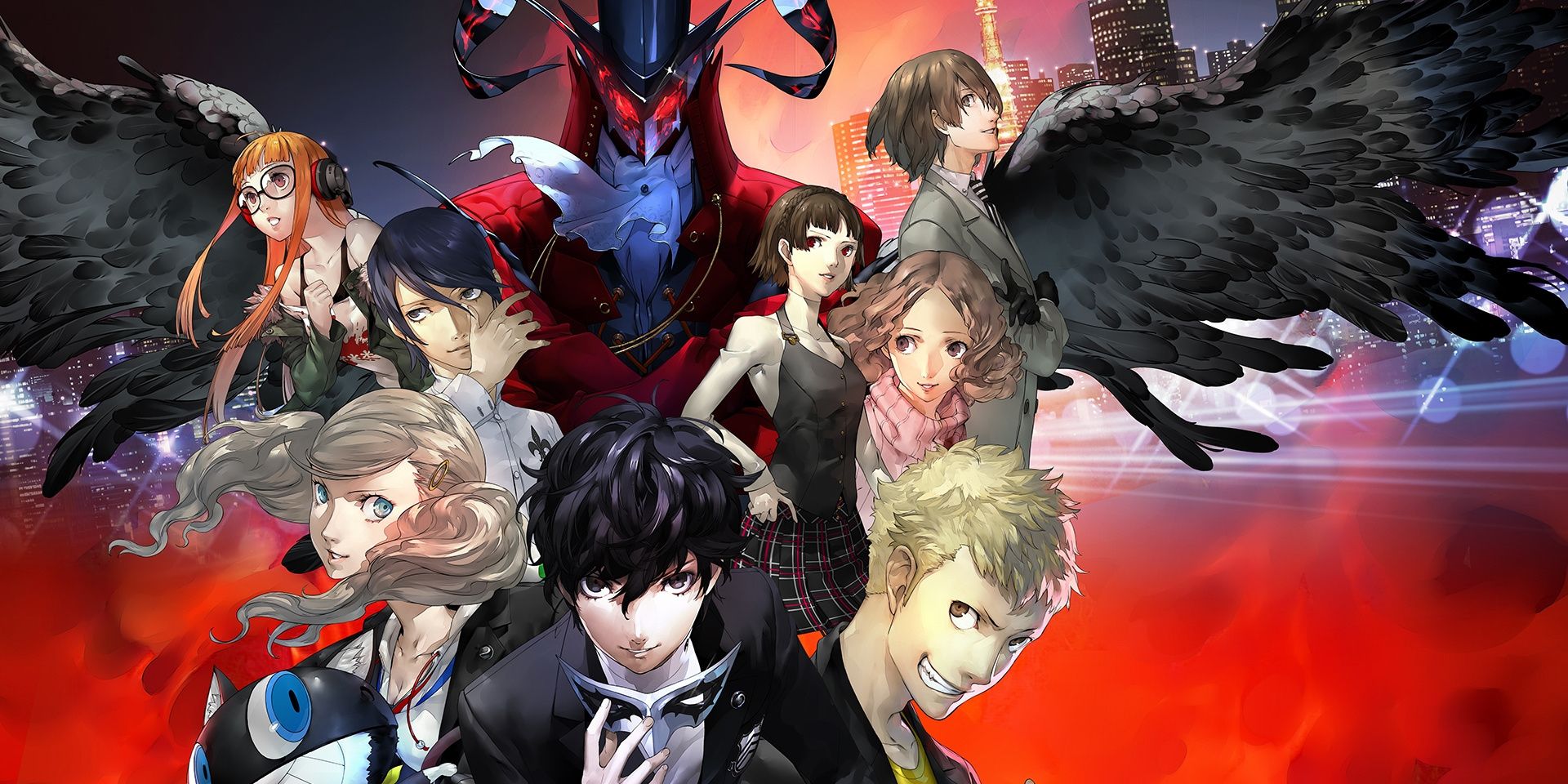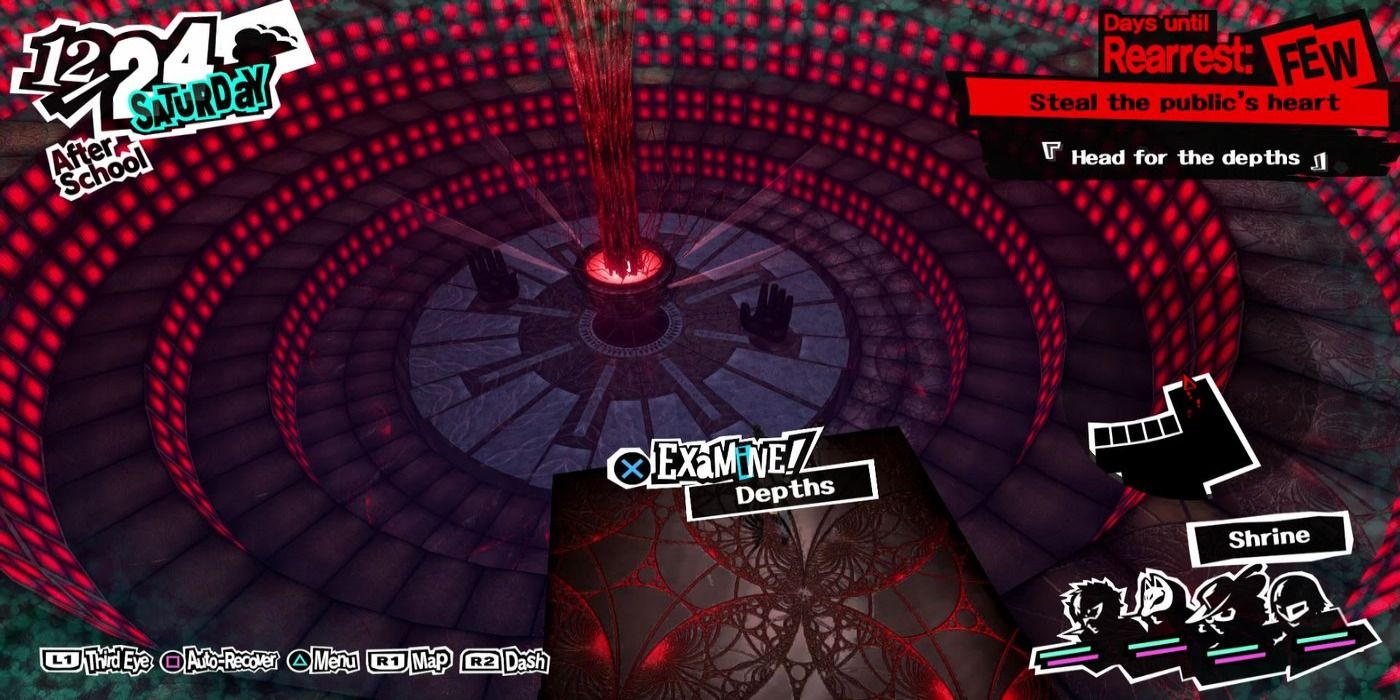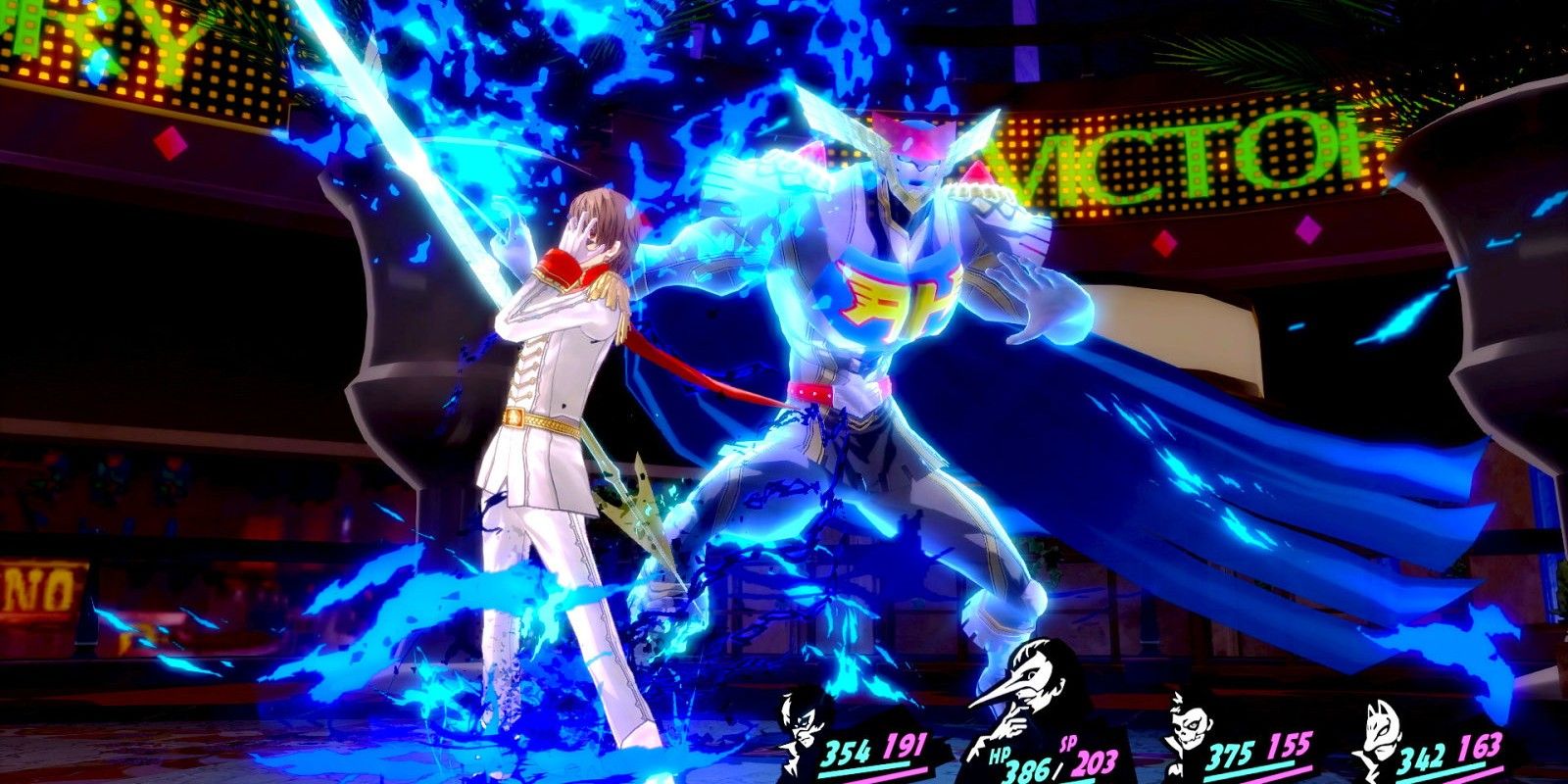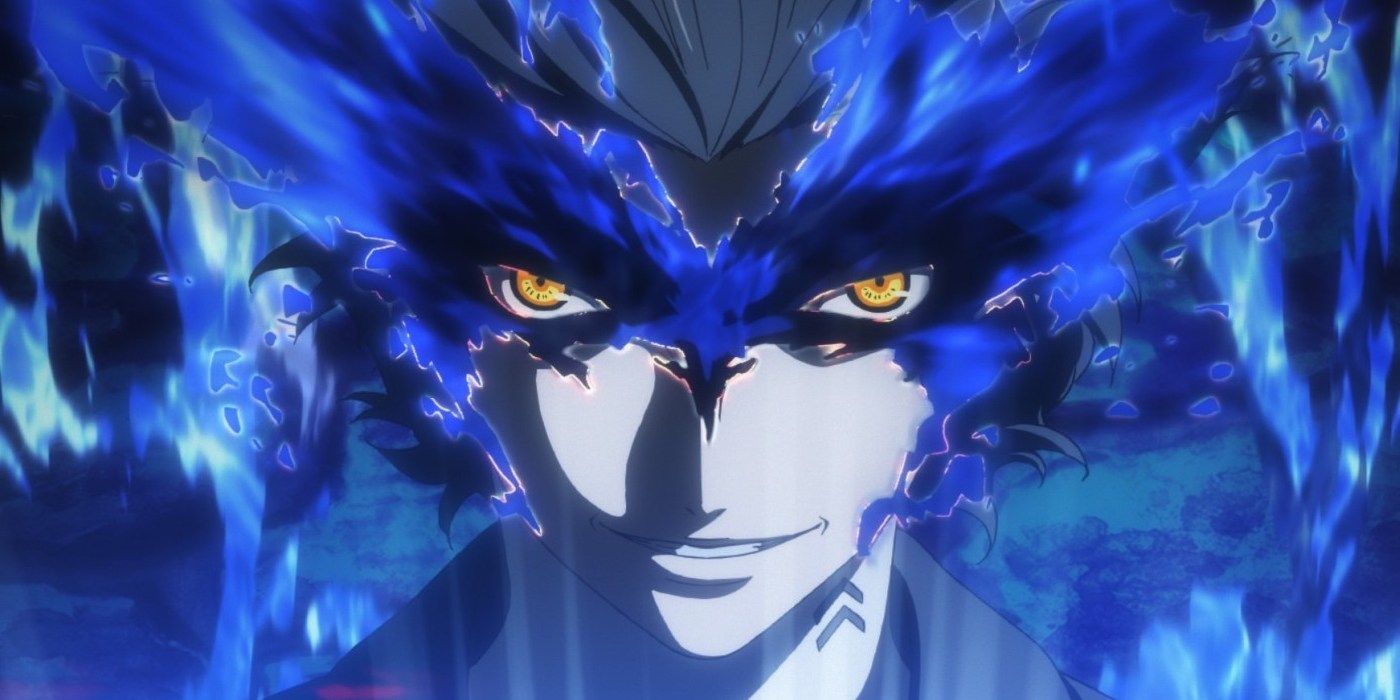Related
ThePersonafranchise , the best - selling JRPG spin - off of Atlus’sShin Megami Tenseisaga , is a series about teenagers summoning demons to fight supernatural threats … and it ’s also an introspective saga dowse inTarot Card symbolismand the hypothesis of Carl Jung , an early psychologist who blended scientific psychoanalysis with mystic symbolisation . Core elements to thePersonafranchise – Shadows , Archetypes , the Collective Unconsciousness – all owe their existence to Dr. Carl Jung , who open up the melodic theme of the unconscious not just as a well of pent-up desire , but also as a spring of inspiration and personal power .
Carl Jung , together with Sigmund Freud , pioneered the praxis of " Psychoanalysis " around the turn of the twentieth century , the idea that a psychologist could bolster up a patient ’s mental health through dialogue and conversation . Central to this school of psychology was the idea of the " Unconscious , " the part of the mind which carry instinct , smother memories , and desires that a person ’s witting thought are n’t cognisant of .
Related : Persona 5 Royal : How to Unlock The Third Semester
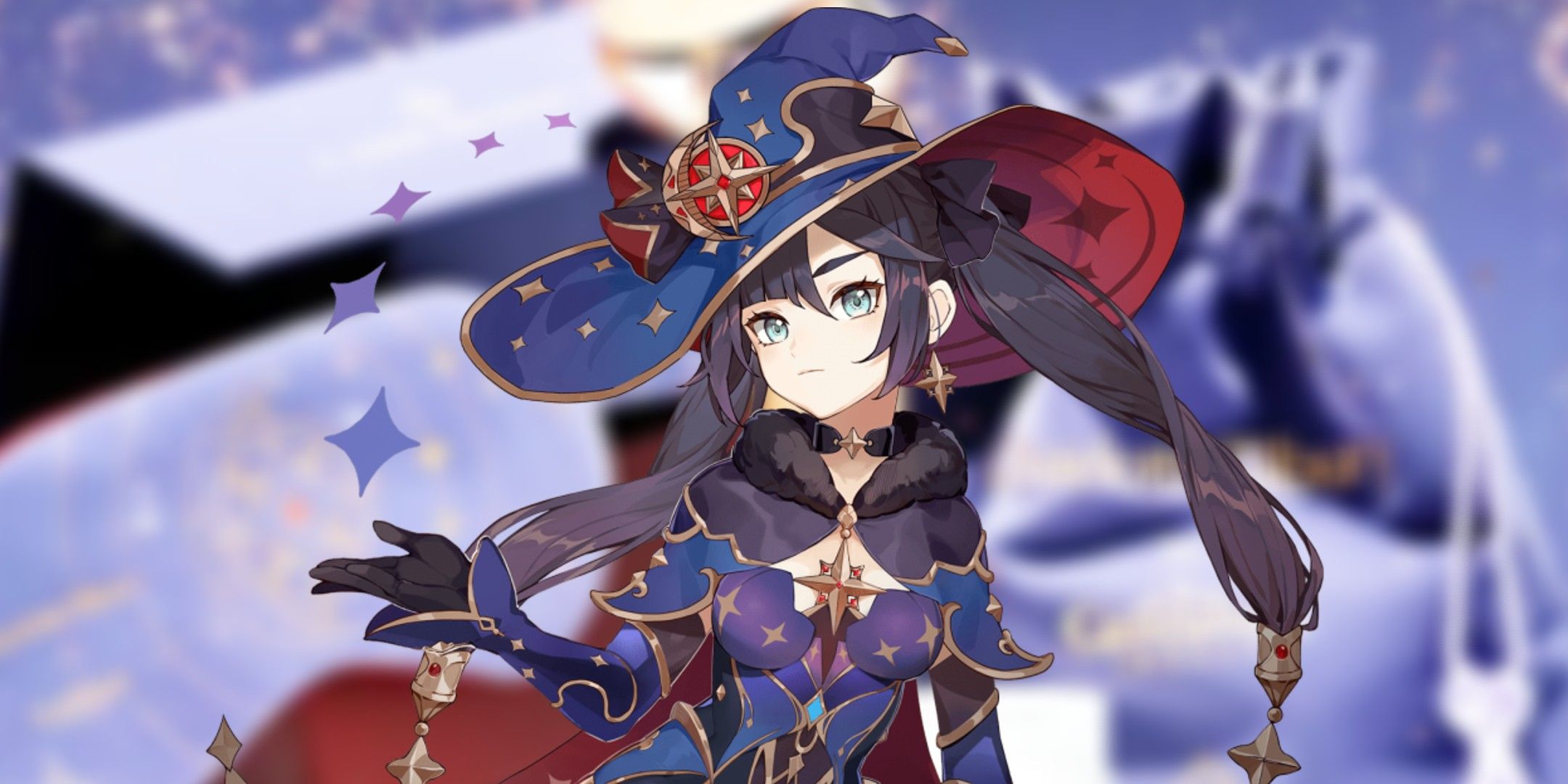
Freud ’s hypothesis of the unconscious run to reckon the idea in a negative light , as the reference of primitive instincts and dark impulses . Carl Jung finally broke from Freud ’s ideas to form his own school of depth psychology , one greatly influenced by his enthrallment with thaumaturgy and mythology . kernel to Jung ’s theory – and theplot of thePersonafranchise – was the idea of …
“The Collective Unconsciousness” of Persona: A Mental Dreamworld
Jung claimed there were two word form of unconsciousness – the personal unconscious , the instincts and pent-up thoughts of an individuals , and the " Collective Unconscious , " a genial world shared by all of humanity , a source of dreams , visions , and " pilot , " primordial symbols that reoccur in human history , mythology , art and literature all over the world .
ThePersonagames portray this corporate unconsciousness as a very actual reality , a magical earth created by human minds , filled to the brim with archetypal fiend , gods , and demons . Theheroes of eachPersonatitleprotect themselves in this world by come up " Personas , " Tarot - subject spirits which have the power to vomit up magical spells .
The “Personas” of Persona: Facades of Power
start fromPersona 3 , each company members would summon a single Persona that represented core parts of their personality , while the independent character , sign with the power of the Fool Arcana , could careen between different Personas like someone switching masks ( literally so , inPersona 5 Royal ) . In Jungian psychology , " Personas " are masque of personality , the archetypal ' face ' that the great unwashed put when interacting with others . Sometimes these Personas can be indue , a way to feel more surefooted and inspire authority in others : other times , these ' mask ' can become unhealthy crutch , that repress part of a person ’s true self in the form of a Shadow .
Related : Persona 5 Royal : All Will Seed Locations
“The Shadows” of Persona: They are you, you are they.
The main antagonist inPersona 4 , the Shadows , are cackle , yellow - eye duplicates of the main characters , emotional beings prone to revealing the dark secrets and feelings of their ' other selves ' . Deny the uncomfortable trueness they share , and they ’ll become into rampaging monsters . Accept them , and they turn into Personas characters can use to fight . This is a near - perfect internal representation of what Shadows are in Jungian psychology : the parts of oneself , honorable or bad , that hoi polloi want to ignore or push aside . Rejecting one ’s Shadow can precede to mental trauma and an unfitness to learn from mistake , while accepting a Shadow as part of oneself is part of how citizenry can heal and farm .
True to the core tenants of Jungian psychology , each master baddie in thePersonaseries represents a negative aspect of the human soul , a twisted desire that must be fought and brought back into balance . The in - secret plan stories of teenage heroes defend archetypal deity and fiend correspond the mental battles wage within human hearts : the battle against depression and desperation inPersona 3 , the battle to confront harsh Sojourner Truth inPersona 4 , or the struggle toreject unjust authorization inPersona 5 . Carl Jung call this lifelong conflict " Individuation , " the abominable yet worthwhile journeying to become the skillful , true version of one ’s own ego , and thePersonagames show this absolutely .
Next : Persona 5 Royal True Ending Explained
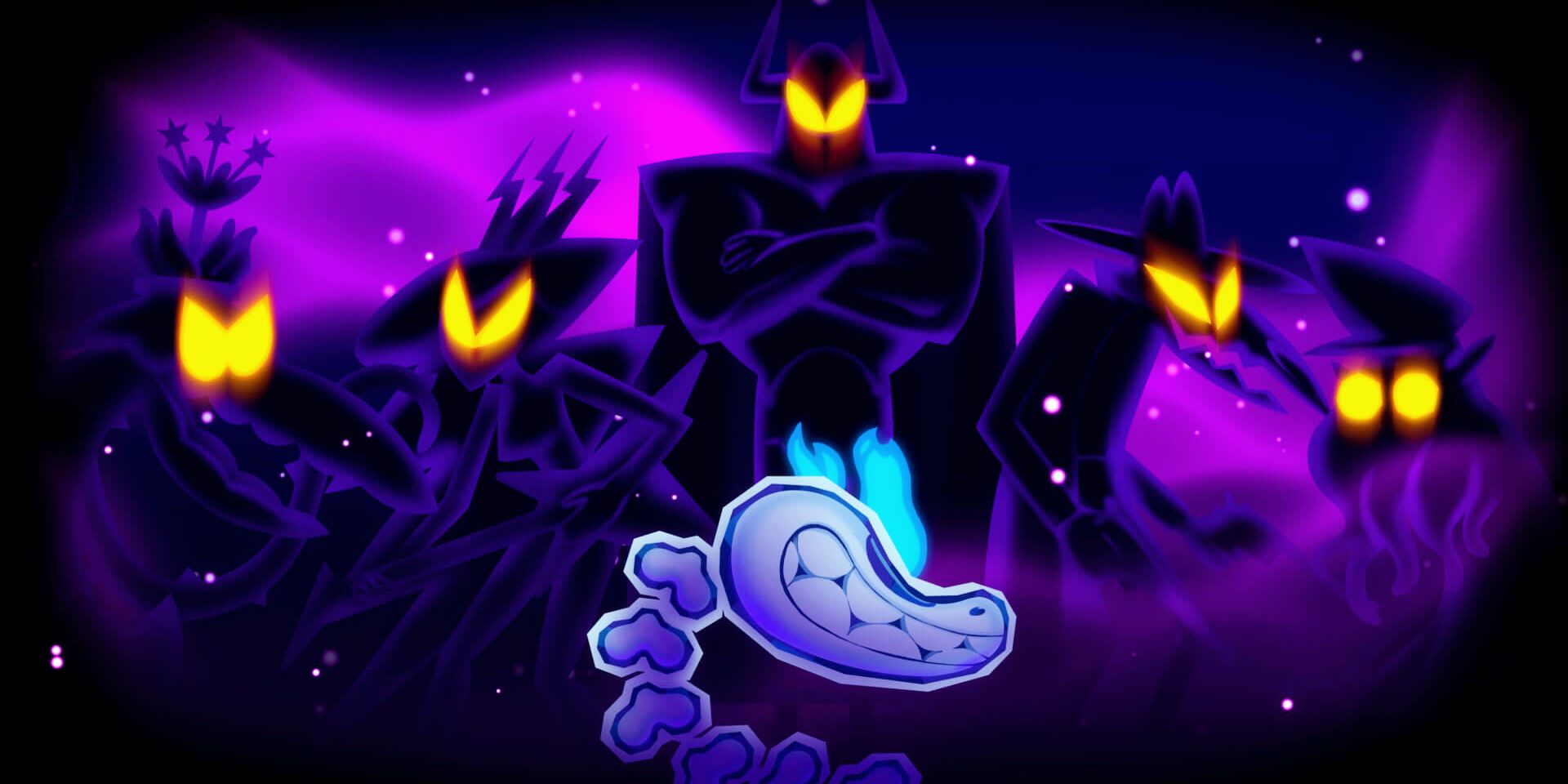
Source : Kotaku
